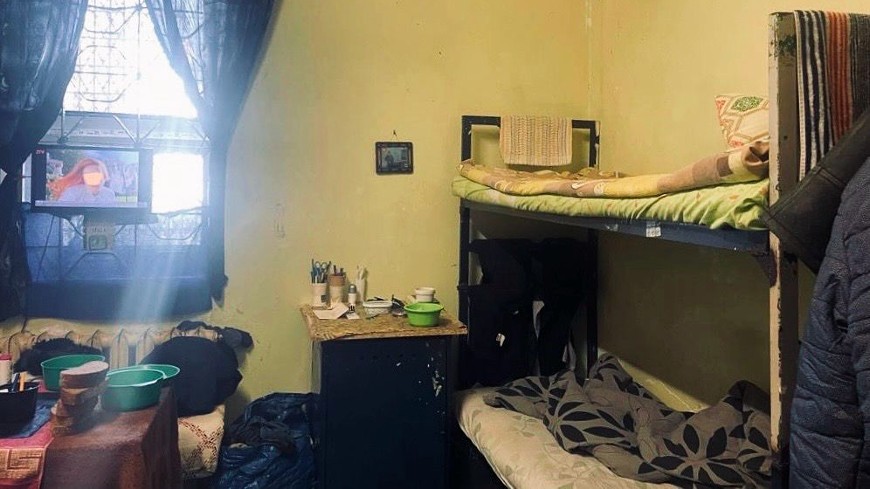The objective of the visit was to examine the implementation of the recommendations of the Committee formulated in the report on the periodic visit carried out in 2021. These recommendations concerned in particular the widespread inter-prisoner violence, and the abundance of illegal drugs in prisons, combined with a lack of targeted strategies to help the large numbers of detained persons using drugs. To this end, the CPT delegation carried out follow-up visits to Alytus, Marijampolė, Pravieniškės, and Vilnius Prisons.
In the report, the Committee emphasises that, due to the persistence of the root causes of inter-prisoner violence (illicit drug use, informal prisoner hierarchy, and catastrophically low staff presence inside dormitory-type accommodation), as well as a lamentable lack of trust by the detained persons in the staff’s ability to guarantee their safety, the Lithuanian authorities are still far from fulfilling their responsibility to protect prisoners in their charge from others who might wish to cause them harm as well as to conduct effective investigations into all arguable allegations of ill-treatment, including when inflicted by fellow prisoners.
Furthermore, in the report, the Committee expresses its view that the situation of the detained persons belonging to the lowest caste in Lithuania, which in some cases could amount to modern slavery (in the form of forced labour), could be considered to constitute a continuing violation of Article 3 of the European Convention on Human Rights, which prohibits, inter alia all forms of degrading treatment and obliges state authorities to take appropriate measures to prevent such treatment.
In their response, the Lithuanian authorities set out the measures taken and envisaged to implement the recommendations made by the Committee in the report. Among these are steps to further reduce the prison population, conversion of the remaining dormitory-type buildings to cellular-type accommodation, adoption of the Plan on the elimination of the criminal subculture in prisons, and a range of measures to strengthen addiction prevention and treatment in prisons, in cooperation with the Republican Centre for Addiction Disorders.
The response has been made public under an automatic publication procedure introduced by the Lithuanian authorities.




